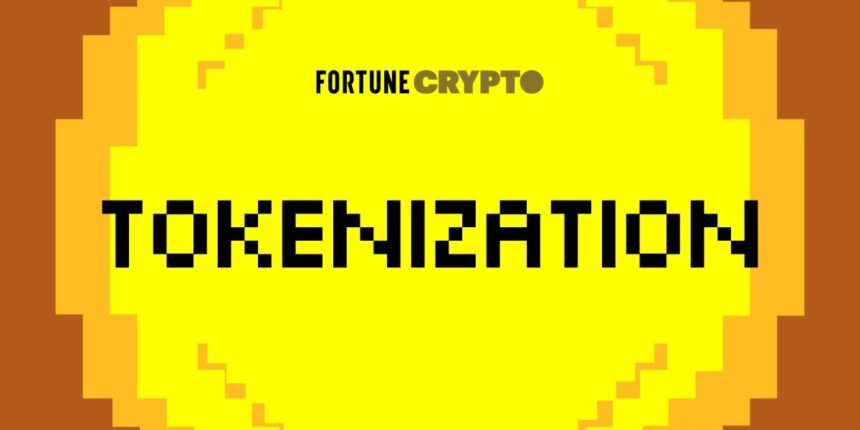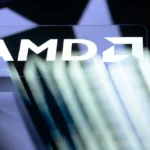Decentralized finance, commonly referred to as DeFi, emerged prominently around 2018, positioning itself as a revolutionary technology that dismantles traditional financial services. Described as a composable, Lego-like alternative, DeFi offers a fresh perspective on how financial transactions and services can be structured. However, Arjun Sethi, co-CEO of Kraken, argues that this characterization misses a crucial aspect: DeFi actually serves to unify many components of finance.
In a recent episode of Fortune’s Crypto Playbook vodcast, Sethi elaborated on Kraken’s latest initiatives in tokenization, emphasizing that DeFi represents a substantial shift in how consumers interact with financial services. Traditionally, banks have sought to create “walled gardens” where they control all aspects of financial transactions—from asset storage to lending—often working exclusively with selected partners while leaving the customer with minimal control over the process.
DeFi fundamentally alters this landscape, according to Sethi. It is built on a series of open protocols that empower customers to dictate the management of their assets. These decentralized tools work in harmony, creating a unified financial ecosystem that challenges the traditional methods of financial service delivery. “What you are able to do is to defragment what you have across all these traditional financial markets,” Sethi explained, highlighting a misconception in the perception of decentralized finance.
Despite the promise of DeFi, accessibility has been a barrier for many ordinary consumers due to the inherent complexity of engaging with these systems. However, efforts are underway to bridge this gap. Kraken is developing user-friendly interfaces that allow consumers to interact with DeFi in a manner that mimics the familiarity of traditional banking and brokerage services. One of Kraken’s recent offerings, known as xStocks, exemplifies this initiative. These tokenized shares represent popular companies like Apple and Tesla. Thanks to the efficiencies inherent in DeFi technology, xStocks can be made available without the burdensome fees often imposed by middlemen in traditional finance, which can inflate the cost of purchasing stocks by as much as 10% to 15%.
The decentralized nature of xStocks further enhances their appeal, as these tokenized shares can be traded across any platform utilizing the appropriate protocols, marking a significant shift from conventional brokerage operations. Currently, xStocks are available in various international markets and Europe, with plans to introduce them in the U.S. by early next year. Currently encompassing around 50 company shares, there is an ambitious plan to expand the offering to include 1,000 popular stocks.
In the course of the interview at Fortune’s Brainstorm Finance event in Park City, Utah, Sethi also discussed the technological underpinnings of tokenization and projected the future landscape of DeFi as it continues to evolve in the coming years.
For those interested in a deeper dive into these topics, the full interview with Arjun Sethi, alongside the first five episodes of the Crypto Playbook vodcast, is available on various platforms including Spotify, Apple, and YouTube.







